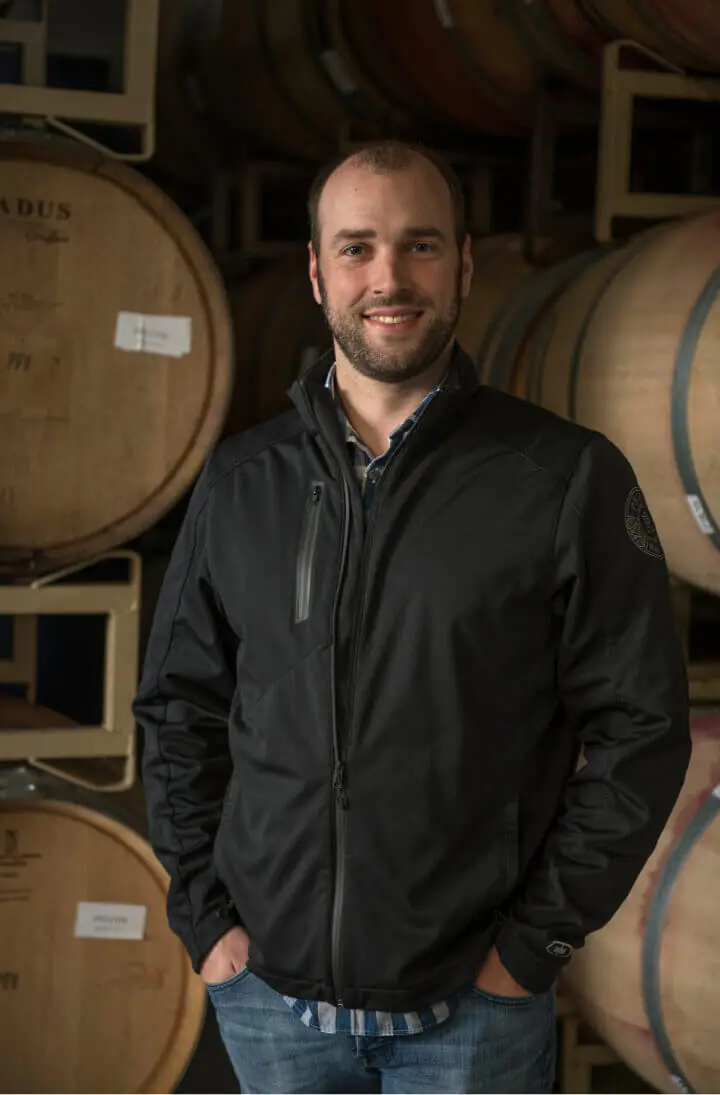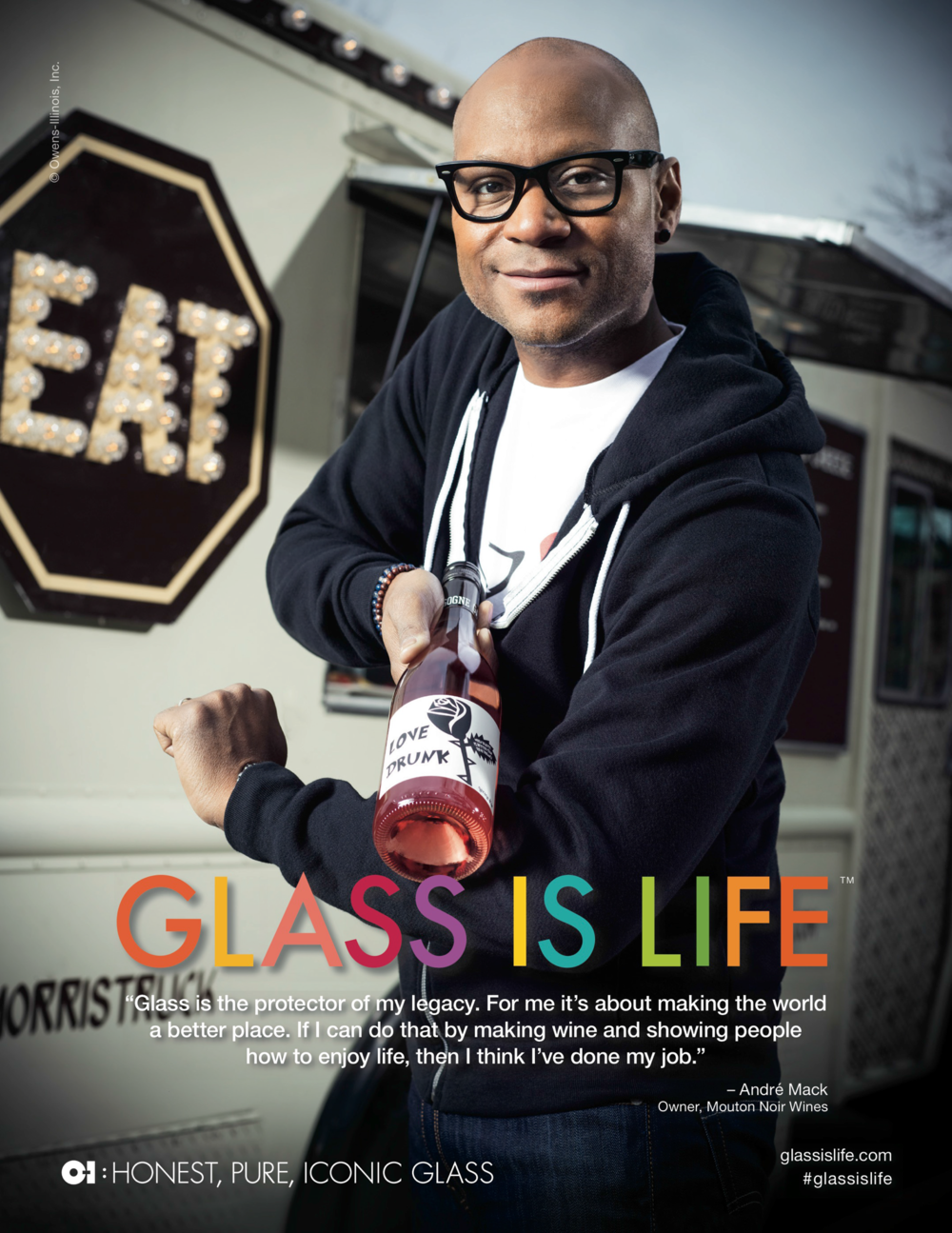I was invited to join Priest Ranch Winemaker Cody Hurd and CEO Judd Wallenbrock for a lunch and tasting at Castaway in Burbank. They were in Southern California for Musexpo 2025. Wallenbrock told me that he likes the philosophy of Robert Mondavi, which combines wine, food and the arts into a complete and fulfilling lifestyle. It was my good fortune that he and Hurd had a couple of hours to kill between more enriching events.
Priest Ranch, they were quick to tell me, is not a religious organization. Apparently, some folks take the name literally. The winery is named after James Joshua Priest, a prospector in California's Gold Rush era. He may not have found much gold in 1869, but he did find a good patch of land. It is now called Somerston Estate, and that's where all Priest Ranch wines are grown. They date back to 2007, those wines, the inaugural vintages of Priest Ranch Cabernet Sauvignon. Hurd came along a few years later and is now crafting those wines. He shows his skill at blending with the reserve wine called James Joshua, a tip of the hat to the original landowner. It is produced only in select years and is dedicated to club members and the Yountville tasting room.
Hurd described for me the blending process, which he says can start with as many as 112 bottles open in front of him. Although he has an idea in mind along the way, he says the blend is always a mystery until it's done. Priest Ranch wines are made with minimal intervention, but with the help of today's technology. Hurd has a big hand in guiding the Priest Ranch brand.
Does the worldwide renown of Napa Valley serve as a burden to him as he crafts his wines? Not on your life. "People ask me where I would be a winemaker if I could make wine anywhere in the world," he says. "I tell them 'I can make wine anywhere in the world, and I'm doing it right here.'"
Hurd and Wallenbrook were happy to put their Soda Valley terroir on display for me. They poured the 2023 Priest Ranch Sauvignon Blanc as an opener, then we sampled the 2022 Priest Ranch Cabernet Sauvignon, the 2019 Priest Ranch Remedy, and the 2019 Priest Ranch Snake Oil. The latter two are both Cabs.
The Sauvignon Blanc has a bit of herbal grassiness to it, but plenty of ripe fruit to keep it fully in the California style. The wine was made from the Musqué clone, grown on a west-facing slope. A tall mountain makes the sun set early on the vineyard, producing a truly incredible acidity.
The Cabernet Sauvignon is what they call the workhorse Cab. It has a beautiful, minty nose, and 40% of the oak is French. A retail price of $60 is about half what you would expect to pay for a Napa Cab of this quality.
The 2019 Priest Ranch Remedy offers spicier notes than the workhorse. The blend features Cabernet Sauvignon, Cabernet Franc, Malbec and Merlot. Remedy retails at $85, while the 2019 Snake Oil sells for $110. Snake Oil sports great tannic structure, so it's the one you may want to cellar, if you can resist the temptation to put a corkscrew in it.
Follow Randy Fuller on X and BlueSky



